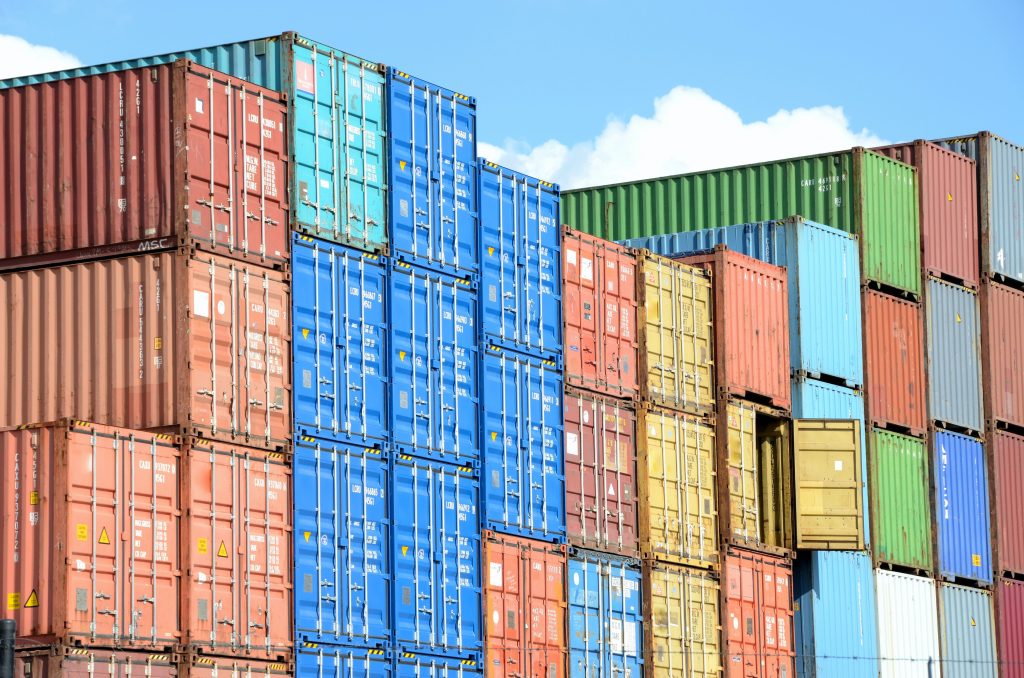Vietnam’s agricultural sector has seen remarkable growth in recent years, emerging as an important sector in the global export market. With a diversity of high-quality products, a favorable climate and an increasing focus on sustainable practices, agricultural exports from Vietnam present profitable opportunities for even seasoned exporters. experienced as well as newcomers. In this guide, we will guide you through the necessary steps and things to consider to successfully export Vietnamese agricultural products.
Market research and product selection
Before diving into the export process, thorough market research is essential. Identify your target market by considering factors such as demand trends, regulations, and competition. Choosing suitable agricultural products is equally important. Vietnam boasts many products with export value, including rice, coffee, seafood, fruits and spices. Choose products that match your market research and have a competitive edge in the international market.

Quality assurance
Maintaining product quality is non-negotiable. Ensure agricultural products meet international quality standards and regulations set by the importing country. Coordinate with relevant Vietnamese agencies to achieve necessary certifications such as Global GAP, Organic Certification and HACCP (Hazard Analysis Critical Control Point) for food safety.
Documentation and legality
Exporting agricultural products involves a large amount of documentation. This includes export licenses, certificates of origin, phytosanitary certificates and customs declarations. Complying with both Vietnam’s export regulations and the destination country’s import regulations is essential to avoid delays or rejection at the border.

Market penetration and distribution channels
Choosing the right market entry strategy and distribution channels can have a significant impact on your success. You can choose to work with local distributors, dealers or establish direct relationships with retailers and wholesalers in your target market. Conduct due diligence on potential partners and create a solid contractual agreement outlining roles, responsibilities and expectations.
Risk management
Exporting inherently carries certain risks, such as fluctuating exchange rates, political instability, and supply chain disruptions. Consider working with financial professionals to manage these risks through strategies such as currency hedging and insurance.
Conclusion
Vietnam’s agricultural exports offer exciting opportunities to access international markets and showcase the country’s rich agricultural diversity. By conducting thorough research, ensuring quality and compliance, optimizing logistics, and applying effective marketing strategies, you can overcome the complexities of the export process and build customer loyalty. successful presence on the global stage.
Block "info-brand-global" not found

